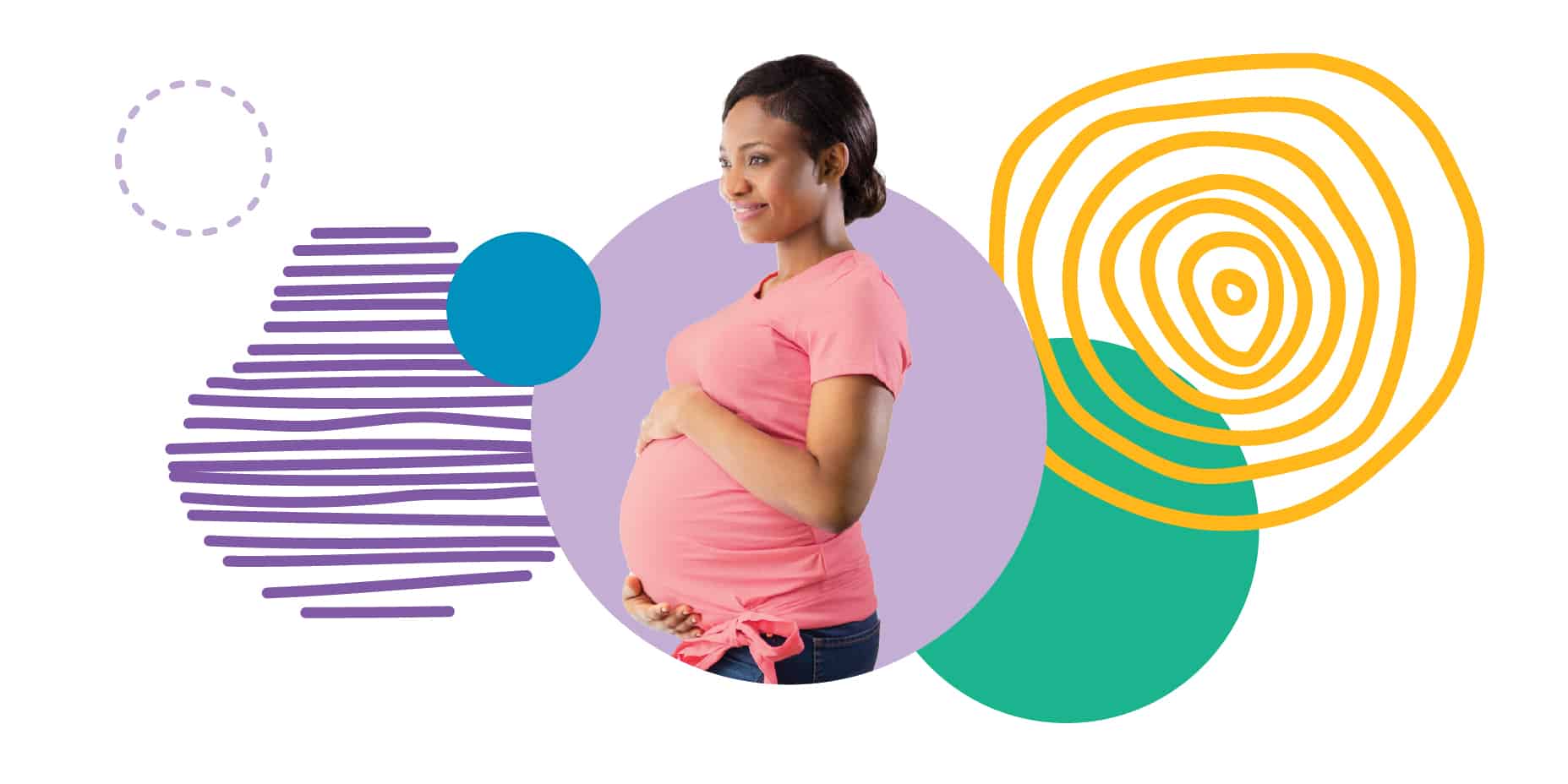 Written by Dani McClain, Writer-in-Residence, Cincinnati & Hamilton County Public Library
Written by Dani McClain, Writer-in-Residence, Cincinnati & Hamilton County Public Library
On Sept. 8, the Library will partner again with Cradle Cincinnati Connections to host Black Maternity Matters, a monthly series that explores topics of interest to families who are expecting or who recently welcomed a baby.
Securing a safe and healthy pregnancy and birth is especially important to Black women, who are three times more likely to die from pregnancy-related causes than white women. Black infants are disproportionately vulnerable as well. According to Cradle Cincinnati’s most recent annual report, “…Both nationally and locally, Black babies have long been subject to more than twice the rate of death due to the widespread effects of racism.”
The series has taken on topics such as breastfeeding, wellness, and the negative stereotypes that obscure the realities of Black fatherhood. This month, the focus is on immunizations and safety.
In August, I spoke with Patrice Pennington, the director of Cradle Cincinnati Connections, to learn more about what these virtual events offer. This conversation has been edited and condensed for clarity and length.
"Black Maternity Matters" highlights issues such as breastfeeding, mental health, and fitness. Why is supporting maternal health particularly important for Black families?
“We recognize that this issue is affecting Black women differently than every other race or demographic in Cincinnati and in the nation as a whole. We very much have our eye on the Black birth rate, infant mortality rates. We also believe that addressing the issue at the crux is going to improve rates in general. Eighty-five percent of our clients are Black women. [We are] offering them opportunities to rest and re-power in this very specific community designed to address Black women’s needs.”
Tell me more about Cradle Cincinnati Connections. What does the organization do beyond bringing this important program to library patrons?
“Connections is the direct service [arm] of the Cradle work. We serve Hamilton County pregnant women and women with a baby under the age of one. Connections is made up of about six community health workers. We have a dietician, a community-facing nurse, a social worker. Our role is to help [clients] address social determinants of health, help them remove barriers that would prevent them from having a healthy baby or a safe environment for the baby. Oftentimes we are doing home visits where we’re making sure that they have access to prenatal care. If they have any dietary concerns, they’re able to connect with the nutritionist. We have a lactation consultant. We also try to connect [clients] to resources that are available in their neighborhoods.”
“A number of our team members are leading the Black Maternity Matters groups with partners from other [nonprofit and social service] agencies. This month, Amy, who is the nurse, will partner with community health workers from other organizations to lead the session.”
“We really are a personable organization. A lot of the women who are working for Connections have had life experiences similar to the people that we’re serving. We try to be warm and welcoming and friendly. We also try to meet women where they are. We just want to be able to walk alongside women and support them in what should be a beautiful and wonderful journey.”
The series began in January and will run through the end of 2021. How is the pandemic shaping people’s experiences of pregnancy, birth, and the postpartum period?
“In May, we talked about mental health and how it’s a bit different in the Black community. Sometimes we’re not talking about these things, and it’s even more relevant in a pandemic when there are stressors beyond just being Black. In July, we talked about wellness and exercise as a way to keep your mood up or fight off depression. That’s some of the messaging that we’ve needed to put out there.”
“With the pandemic, our ability to get out into the community has been dwarfed. We wanted to put out good information to help connect with women, specifically Black women, who might be pregnant or considering getting pregnant. We’ve partnered with the Library in the past, pre-pandemic, on other outreach activities. I love Cincinnati’s library system and they’ve been great partners in trying to get the information out to the community.”
Black Maternity Matters events take place online on the second Wednesday of the month through December.
Dani McClain is the library’s Writer-in-Residence and a journalist who writes about parenting and maternal health. Check out her book We Live for the We: The Political Power of Black Motherhood for more on these issues.


Add a comment to: Black Maternity Matters Program Returns to the Library With Fall Sessions